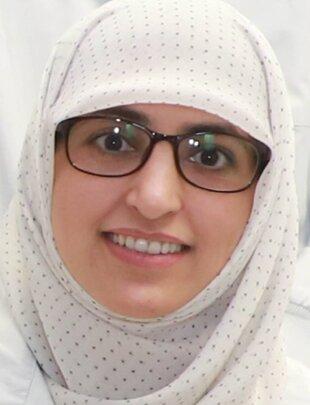
Chaperonin Containing TCP-1 Subunit 7 as a novel modulator of Polycomb in maintaining epigenetic gene silencing
Abstract:
In metazoans, heritable states of cell type specific gene expression patterns linked with specialization of various cell types constitute transcriptional cellular memory. The emergence of a variety of different cell types despite sharing same genetic material is attributed to the differential gene expression patterns laid during early embryonic development. The cell type specific gene expression pattern contributing to a particular cell fate is faithfully inherited through successive cell divisions, a phenomenon known as epigenetic cellular memory or transcriptional cellular memory. Evolutionarily conserved Polycomb group (PcG) and trithorax group (trxG) proteins contribute to the transcriptional cellular memory by maintaining heritable patterns of repressed and active gene expression states, respectively. Although chromatin structure and modifications appear to play a fundamental role in maintenance of gene expression states by PcG/trxG, the precise targeting mechanism and the specificity factors that bind PcG/trxG complexes to defined regions in chromosomes remain elusive. The data presented in this dissertation report a serendipitous discovery that uncovers an interplay between Polycomb (Pc) and CCT7 subunit of TCP-1 Ring Complex (TRiC) chaperonin in Drosophila.
Genetic analysis of CCT7 and CCT5 mutants showed that mutations in TRiC subunits enhanced extra sex comb phenotype of Pc mutants and antagonized homeotic phenotypes caused by trx mutations. Molecular and biochemical analyses revealed that CCT7 interacts with Pc at chromatin to maintain repressed states of homeotic and non-homeotic targets of PcG, which supports a strong genetic interaction observed between Pc and CCT7 mutants. Depletion of CCT7 results in dissociation of Pc from chromatin and redistribution of an abundant amount of Pc in cytoplasm. I propose that CCT7 is an important modulator of Pc, which helps Pc recruitment at chromatin and compromising CCT7 can directly influence an evolutionarily conserved epigenetic network that supervises the appropriate cellular identities during development and homeostasis of an organism.
Publications:
1. Najma Shaheen, Jawad Akhtar, Zain Umer, Muhammad Haider Farooq Khan, Mahnoor Hussain Bakhtiari, Murtaza Saleem, Amir Faisal and Muhammad Tariq. Polycomb requires Chaperonin Containing TCP-1 Subunit 7 for Maintaining Gene Silencing in Drosophila. Front Cell Dev Biol. (2021) 9: 727972.
2. Muhammad Haider Farooq Khan, Jawad Akhtar, Zain Umer, Najma Shaheen, Ammad Shaukat, Aziz Mithani, Saima Anwar, and Muhammad Tariq. Kinome-wide RNAi screen uncovers the role of Drosophila Ballchen in maintenance of epigenetic cell memory. Front Cell Dev Biol. (2021) 9: 637873
3. Zain Umer, Jawad Akhtar, Muhammad Haider Farooq Khan, Najma Shaheen, Muhammad Abdul Haseeb, Khalida Mazhar, Aziz Mithani, Saima Anwar, and Muhammad Tariq. Genome-wide RNAi screen in Drosophila reveals Enok as a novel trithorax group regulator. Epigenetics and Chromatin (2019) 12: 55.

